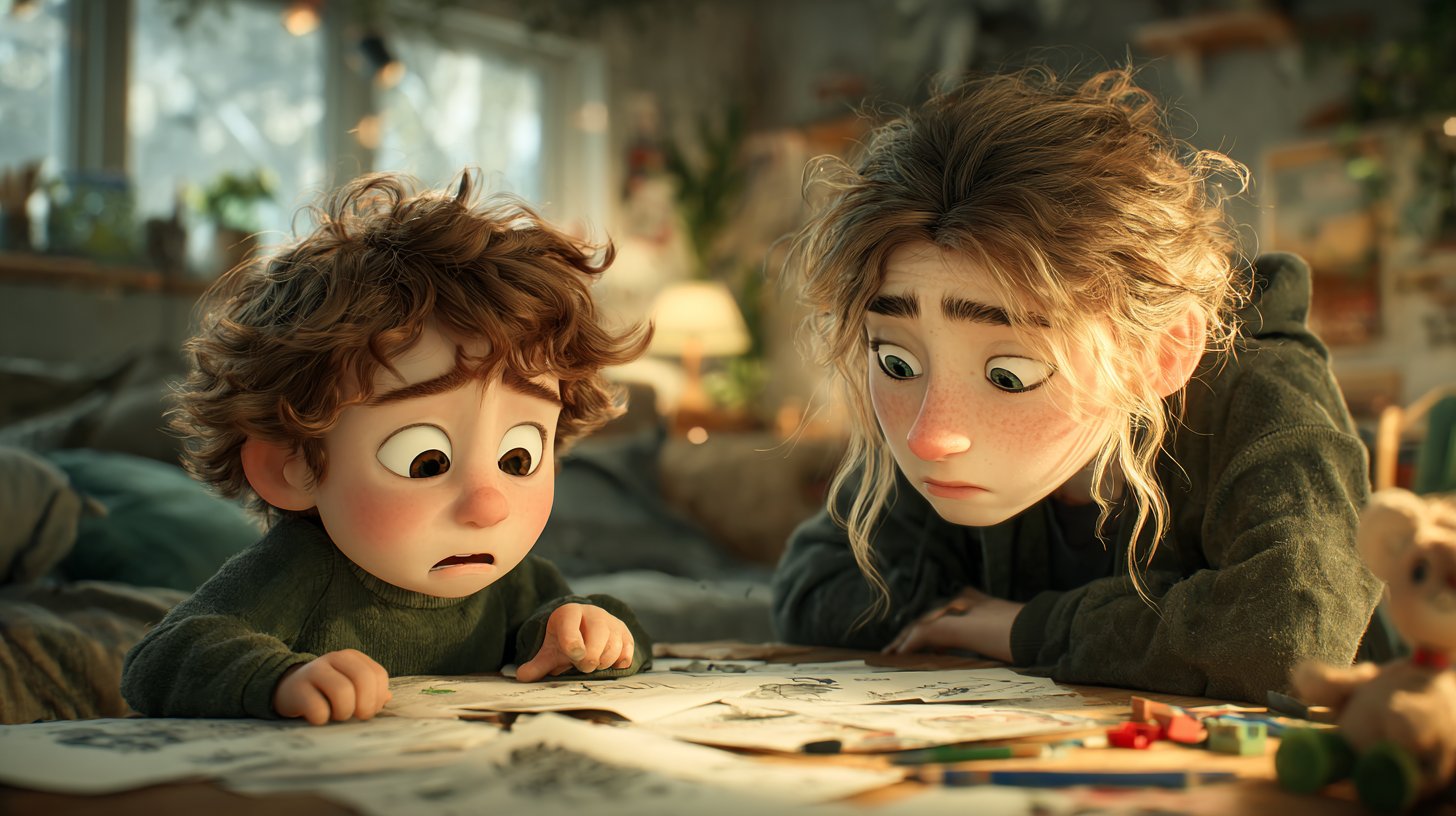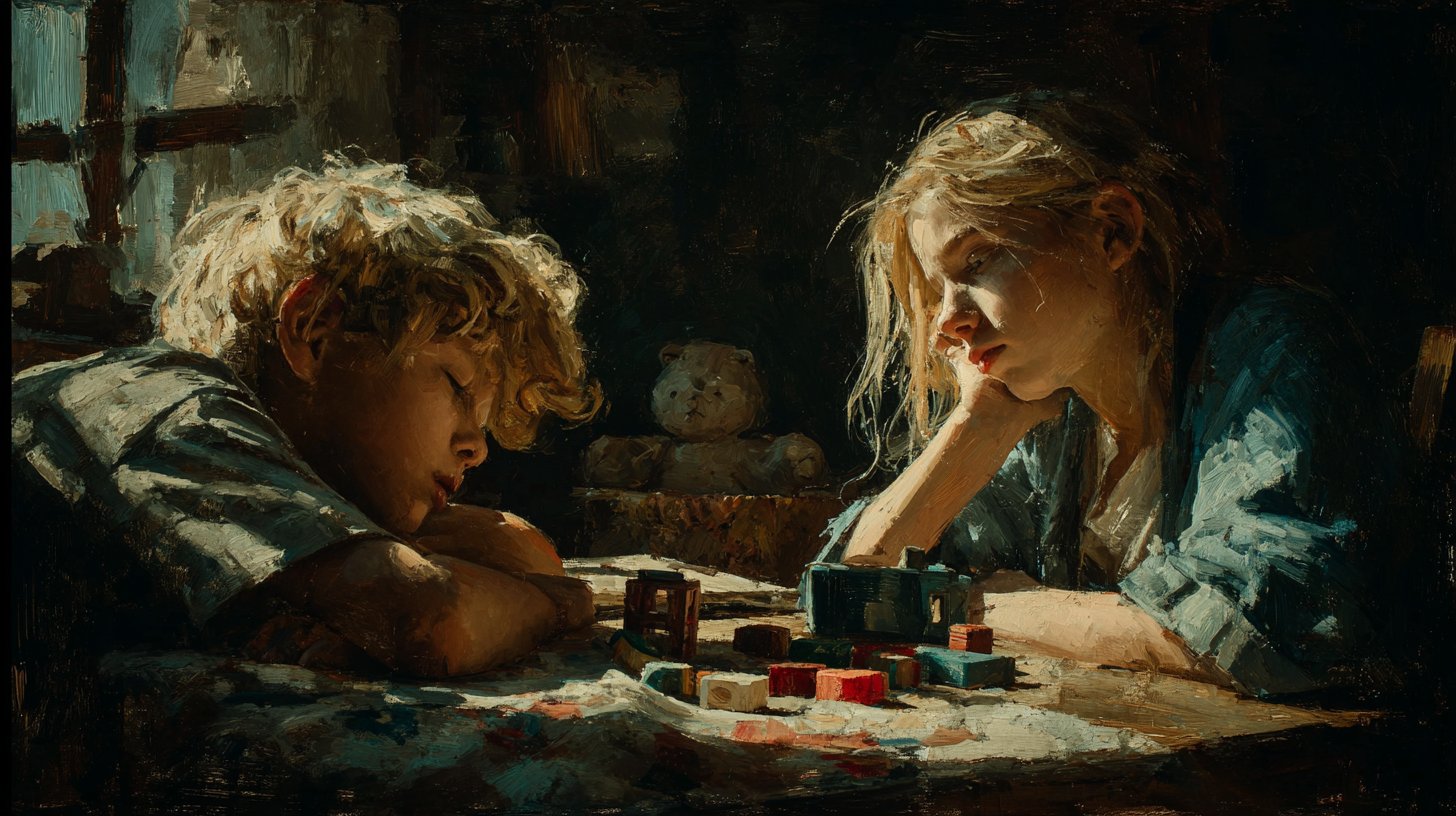Harmful Parenting Habits and Their Consequences

Living, learning, loving – these are the three pillars of our existence. However, as parents, we can unconsciously develop habits that harm our children. In this article, we will examine twelve toxic behaviors that we should avoid as parents to provide our children with the best possible foundation for a happy and fulfilling life. Let’s open our eyes together to these invisible traps!
Parenting is one of the most challenging yet enriching experiences in life. Often we only want the best for our children, and yet pitfalls sneak in that can have long-term effects. Awareness of our own behaviors is the first step towards improvement. Even small changes can make a big difference. We should pay special attention to the habits that can harm not only our own lives but also the lives of our children.
Excessive Control
A common problem in many families is the urge to control. Parents want to create safety for their children and protect them from potential mistakes or dangers. This often leads to children never having the opportunity to make independent decisions. If you constantly control your child's behavior, this could lead to a lack of self-confidence and decision-making ability. Children need freedom to learn and grow. Give them space to experiment!

Another good example is the constant checking of homework or fixation on perfect performance. While it's important to support learning, excessive control can lead children to feel pressured and develop a fear of failure. Instead of constantly monitoring them, encourage open communication and motivate them to take responsibility for their own decisions.
Making Negative Comparisons
Comparisons are devastating when applied to children. A phrase like 'Why can't you be like your brother or your best friend?' can cause significant harm to a child's psyche. Instead of recognizing and celebrating your child's individual strengths, you minimize them by placing them in the shadow of others. This often leads to low self-esteem and the belief that they are not good enough.

It is important to focus on the uniqueness of your child. Support their individual interests and talents instead of comparing them to others. Every achievement can and should be acknowledged, regardless of context. Learn to see your children's light and let them grow in their own strength.
Creating Emotional Distance
Another toxic habit that is often overlooked is emotional distance. Parents who do not engage with their children's emotional needs or fail to take their feelings seriously risk losing a deeper connection. Children often go through difficult phases in their lives where they need comfort and understanding. If you are not present or deny their emotions, they can become insecure and lonely.

To avoid this habit, it is crucial to actively listen and respond empathetically to your child's needs. Create an atmosphere of trust in which your child can freely talk about their feelings without fear of judgment or disapproval. Emotional closeness fosters not only trust but also healthy communication skills throughout life.
The responsibility you carry for your child's life is significant. Do not lose faith that change is possible. Every small effort counts and will show positive results in the long run. Remember that each day offers a new opportunity to improve the relationship and provide your child with a healthy environment.


